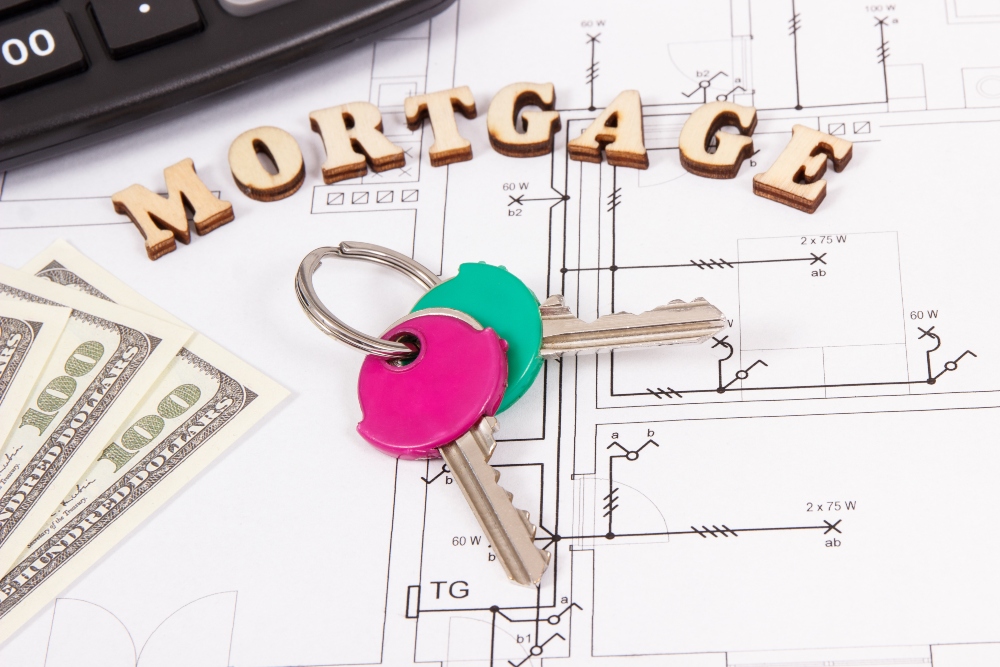
SSUCv3H4sIAAAAAAAEAH1Ru27DMAzcC/QfDM0xGsOPxBkLtFu3bkEHWmIcIopYSHKKIMi/V7JiQEPRTXdHnnjk7fmpKMQAjqTYFbeIAiatJ+cteGIT6PXqwaMiz5ZARzJy91kRzoOfHLpo8aAkeBxDbSIf/cs/+4SLRZjF0BEk8To5MujcyzsZMBLFKqtx0xBrPshJ1BoM8uTEot9X/9h+ojwa1jxe/zJ80yi9ZUMys0uPryU8jGjkdY6YRbeoEVL0fSoVpx+P9pwv40IKOcMwKeJsLxeWoGNDnTl/W5JkxqyN/RFtvuNwJD5nhGE/TyJSRqHCESKs6mq7aetq3W66qumqqhfL4VieSOWzplseKUj2mvGkopOqaxyGGspt06uyOXSbclBDXx4UtCi7vu0bCBu8/wKYuv1FWAIAAA==
The image source is Envato.
With interest rates hovering at record lows, it is no surprise that many homeowners are looking into refinancing their current homes. The attractive rates combined with the struggling economy can make refinancing a tempting option. However, it is important to remember that this is a significant decision that should be done with care and due diligence. Here are five tips to consider before you decide to refinance your family home.
Know the Numbers
Before you decide to refinance, it is critical that you know all of the important numbers relating to your mortgage. The first qualification that you need to understand is the amount of equity that you currently have in the home. It is not always possible to refinance without a good amount of equity built into your home’s value. Because lenders have tightened their approvals in recent years, you also need to understand your credit score and how it will factor into the interest rate that you are offered. In addition to your credit score, lenders will look into your debt-to-income ratio before locking you into a rate. Understanding all of these numbers will help you to discern where you stand in the qualification process.
Understand the True Costs
Refinancing your home can be a costly affair. Once you know the interest rate, you can begin to look at the points. This cost is paid to bring down the base interest rate. When figuring out the cost of the loan, be sure to calculate the cost of the points with each loan. This money will either be folded into the principal of the new loan or paid upfront at closing. If the value of your home has decreased since your last mortgage signing, you may be on the hook for paying private mortgage insurance (PMI). This amount is due when you have less than 20% equity in the home.
Weigh the Reasons for Refinancing
There are many different reasons that people choose to refinance. Some homeowners may simply want to take advantage of the low interest rates in an effort to save money over the life of the loan. Other homeowners may be looking to refinance so that they can afford to invest in home improvement projects, consolidate debt, pay for a child’s college education, and more. If you are in the latter situation, you are going to likely want to consider a cashout refinance. This makes sense when the home’s value has increased or the rates have dropped to a level in which you can take the sum of the difference between the new mortgage and the appraisal value as cash. Because the money is tax-free, this is a particularly attractive option for many homeowners looking to free up some cash for other purposes.
Consider Future Plans
Before diving into a refinancing decision, you need to carefully consider your future plans. For example, it is probably not a good idea to refinance if you plan on moving within the next two years. This number will vary between individuals, making it important that you run the numbers and understand your personal break-even point with the refinance. You should also take the time to research the predictions for your area’s housing market. If the market is not flourishing, it may not be a good move to take more equity out of your home.
Choose Your Lender Carefully
Lastly, do not make this decision without finding a lender that you can trust with this big decision. Interest rates can vary considerably between lenders. You also want to find someone who you can develop a relationship with for future transactions. It is smart to first shop around for rates. From that list, you can then meet with lenders to find the representative that you trust with your money and the future of your home. Do not be afraid to ask lenders to match lower rates that you may find elsewhere.
Like any major financial transaction, refinancing your current mortgage is not a decision to be taken lightly. This complex process requires that you do your research and proceed with all of the data on your side. Doing so will ensure that you are making the best decision for your overall financial future.


